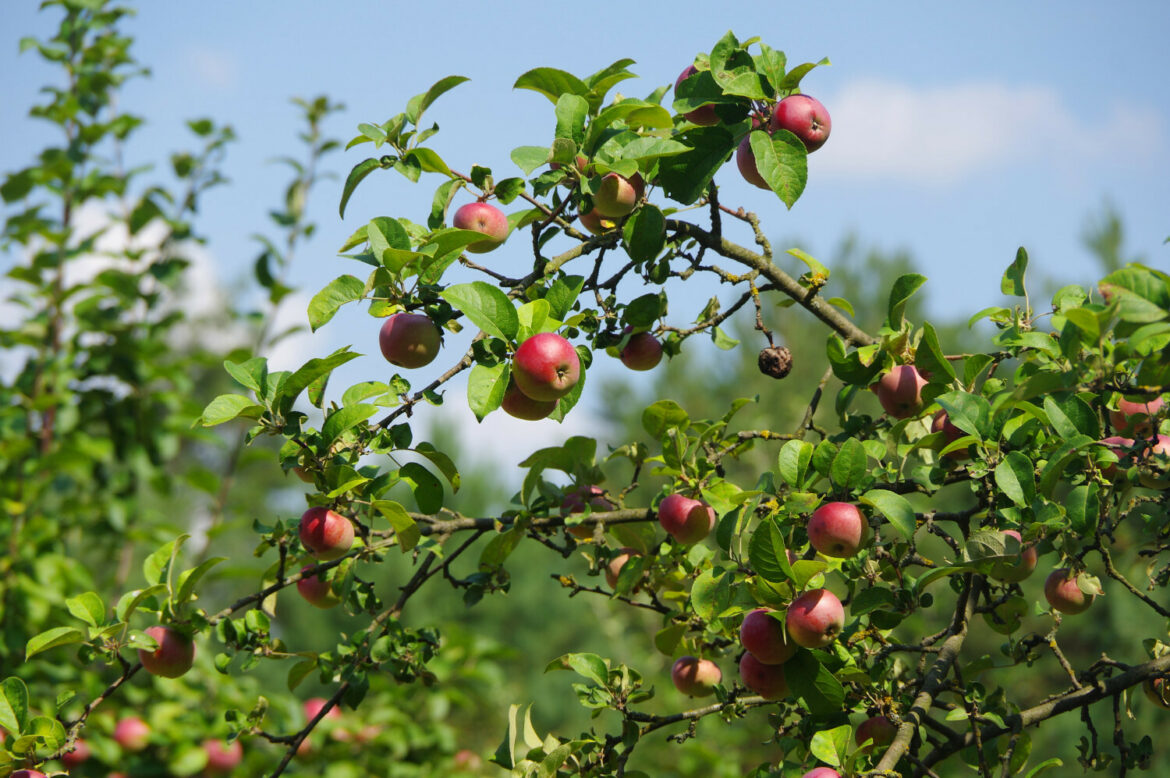Polish researchers from the University of Life Sciences in Lublin have found that apples and citrus fruits sold today in Poland are contaminated with pesticides to a significantly lesser extent than they were even 10 years ago. The conclusions of their research conducted in 2012 and 2020 have just been published in Applied Sciences.
According to the Polish researchers, the decrease in pollution is related to the introduction of restrictions on the maximum limit of pesticide residues in fruit.
Over the past decade, some pesticides have been banned in apple and citrus tree crops. Hence, it is important to conduct research aimed at estimating the incidence of pesticide residues from the perspective of compliance with the relevant regulations. It is equally important to estimate the reduction of pesticide residues by simple procedures such as washing and peeling.
The study assessed the effect of internal processing, such as conventional washing with tap water and peeling, on pesticide residue levels in apples and citrus fruits (oranges, grapefruit and lemons).
Pesticide residue levels were determined by QuEChERS extraction combined with LC-MS/MS analysis. The researchers observed a lower number of pesticides identified in the edible parts of the fruit in 2020. (7 pesticides in apples and 3 in citrus fruit) compared to 2012 (26 pesticides in apples and 4 in citrus fruit). In apples, only disulfoton exceeded the maximum residue limit (MRL) in 2012, while no exceedance was recorded in the 2020 apple samples.
The absence of detected cases of pesticides not approved for use in the analysed years indicates that producers complied with the relevant legislation. The results indicate that conventional water washing (about 1.5 l/per fruit) had no effect on pesticide residue levels in the analysed fruit.
Adrian Andrzejewski





